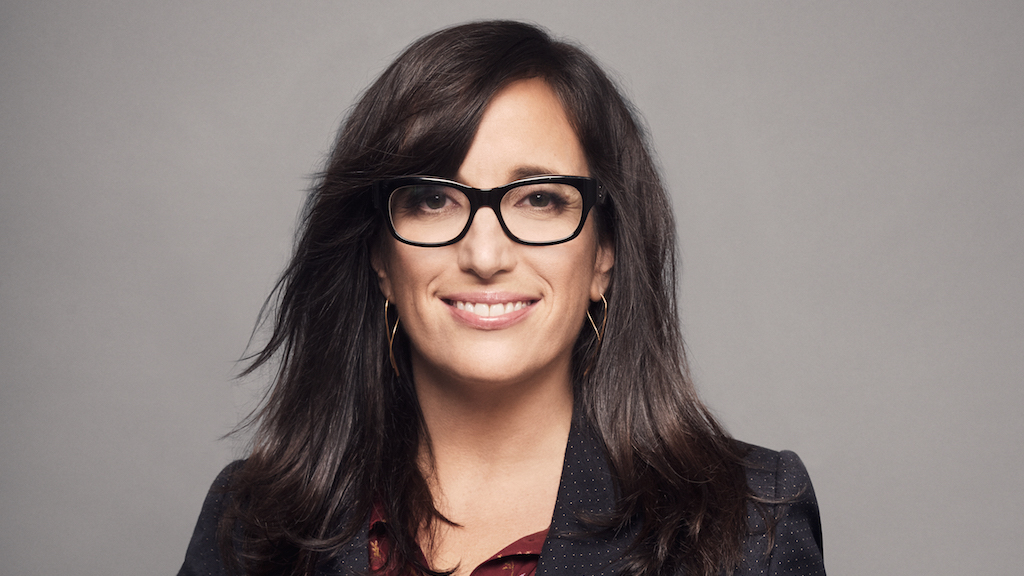Beth Kobliner has sold more than 500,000 copies of her book Get A Financial Life: Personal Finance in Your Twenties and Thirties. The book was originally published in 1996, but Kobliner has updated it for 2017 to serve as a financial bible for today’s millennials. Washingtonian caught up with the personal finance journalist and commentator ahead of her book discussion at Sixth & I Tuesday to talk money, millennials, and how exactly one can get a financial life.
Why is it so hard to get a financial life in your 20s and 30s?
The topic of money and finance makes pretty much everyone nervous, terrified, or nauseous. People of all ages get very anxious about money matters. But then when you consider being young and starting out, in your 20s and 30s, chances are you haven’t been taught any of this in high school or college. People have more education now than ever before, but they still don’t know basics like smart ways to pay down debt or improve credit scores or invest for the future. A lot of young people today are not looking to make a ton of money as much as they just want to have enough money to be able to live the life that they want to live. I think it’s harder today; it’s harder than it was for my generation, Gen X, and baby boomers.
What do you think is positive about how millennials handle their finances?
One thing that you don’t hear that much about is millennials have less credit card debt than previous generations did. In the ’80s, when I was in college, credit card companies would plant themselves on campus and hand out credit cards. Literally all you had to do was sign your name and you could get a credit card. People ran up massive credit card debt in college, and a Gallup poll showed that just 47 percent of millennials have credit card debt versus 60 percent of Gen Xers back in the ’90s. Millennials are more responsible when it comes to credit card debt. Part of that is because the rules changed. Under the CARD Act you have to be 21 years old to get a credit card unless a parent cosigns with you or you have income. Before that, you could just get a credit card without having any income. That’s definitely an advantage for this generation.
What are some of the financial issues unique to millennials today?
This is a group that, like the Depression generation, came of age during a major economic downturn that they didn’t cause. They’ve had to sort of reap the repercussions and live in a tougher economic environment, so I think there’s more of an awareness, I’ve found, for millennials. I was on a TV interview not long ago and somebody was saying, “Why don’t millennials save money for down payments; it’s delayed adolescence.” If you look at the numbers, it’s clear that this generation has more financial burdens than the previous generation, the biggest one being student loans. Average student debt of college seniors who borrowed is $37,000, which is roughly triple the rate it was in the 1990s after adjusting for inflation. Two-thirds of college graduates leave school with loans. Polls show the majority of young people worry often about their student debt. It’s something that’s constantly on their minds so they have to reconsider some things, like when am I going to buy my first home, or when am I going to get a car, or can I go to grad school.
Would you say student loan debt is the issue millennials ask you most about in terms of finance?
Definitely. It’s like student loan debt, and how that impacts everything else. Or if they don’t have student loan debt, it’s a more general question of how do you live in the new gig economy. If they’re a freelancer, you don’t get health insurance and a 401K. So how do you navigate that and pay for health insurance, or start saving for retirement accounts, or even the cost of a wedding? I think that’s the cause of people buying first-time homes later and marrying later. It’s not that this generation is lazier or more delayed in their adolescence, it’s just that their economic reality is a play that didn’t exist for previous generations. The mission of my book and what I’ve been doing is to really explain to young people that they can’t afford not to stock money for the future and pay back their loans in a smart way. I know the word “retirement” makes people in their 20s or 30s roll their eyes, but these tax-favored plans like 401Ks, Roth IRAs are great ways to save and make the most of tax-favored compound interest.
What key financial advice do you have for millennials?
The one thing you do have now in your 20s is time. You have more time for your money to grow, which isn’t just a cliché. If you look at numbers, when money is able to grow, compound and in a tax-favored way like a 401K which you don’t have to pay tax on the interest you earn, that money can grow more quickly. If you start saving later, say in your 30s or 40s, you can’t really make up for that lost time. One example I like to give is if you put $1,000 away per year in a general investment from age 25 to age 35, and let it sit there and grow in an IRA, by the time you reach age 65, that money will have grown to $200,000. You’re just saving for 10 years, but those are the early years and that money grows quicker when you start saving at 25, rather than if you start saving at 35.
Beth Kobliner speaks in conversation with WAMU’s Mikaela Lefrak Tuesday, June 27, at 7 PM at Sixth & I.


















